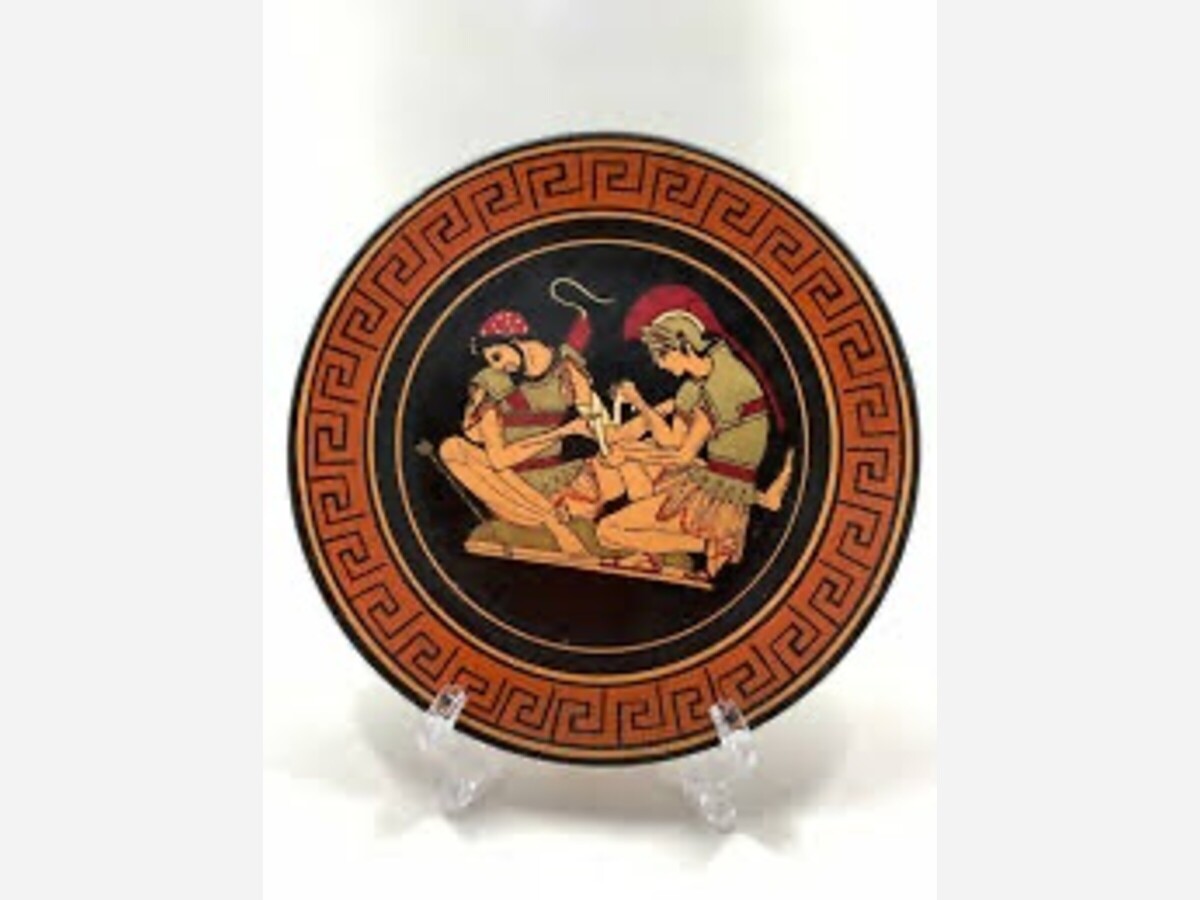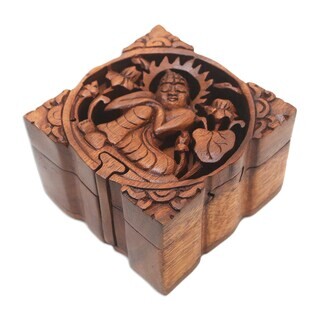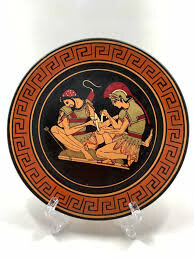Image


by Sandra Williams*
Written from a prompt on "Writers' Digest" website: Write a scene that takes place wherever you write. Take an object [or two] that is always present at your desk, and make it a key element of your scene.
On My Desk
Little Princess Anabeth, crown and all, runs into the room where I am working. When she visits, I stop whatever I am doing and attend to her needs and wishes, which means play--and therefore living in the present. There is no sense of time when we are with children. They are joy-makers, full of sweetness, grace and curiosity.
So, I put aside my laptop and lift her up onto my lap for the big hug. Instead of saying, "Let's play," usually the first request after the hug, she looks at a framed picture on my desk from 50 years ago.
“Who’s that?” pointing to the image of my husband.
“That, my dear girl, is your grandfather.”
“It doesn’t look like Juju.”
“No, no, it doesn’t,” I agree. “That picture was taken a long time ago when he was young, and that young woman next to him is Nonna.”
My granddaughter looks at me and then back at the picture, certainly not recognizing that young woman as her grandmother (me either). Then she turns her gaze to the little wooden box illuminated under the lamp, with a carved image of the Buddha on the lid.

“What’s that?”
“Oh, that was a gift from your Aunt Helen.” I pick it up and hold it in my palm. I tell her that the carving on the lid is of a teacher who lived a long time ago. I take the lid off, and she looks inside where there is a tiny glass fish. I turn the box upside down to drop the fish into her little hand. She picks it up, turns it over, holds it to her cheek, then puts it back in the box.
“He’s orange. Can he swim?” she wonders out loud.
“If he were alive he could swim, yes.”
My little princess takes off her gem-studded crown and places it on the desk, then picks up another object. It is a small Greek-style plate on a stand, depicting Achilles binding the wounds of his friend Patroclus, described in The Iliad.
“What’s that, Nonna?”
“That is a plate my good friend gave me.”
“What are they doing?”
“Oh, well, you see him? That is Achilles putting a bandage on his friend Patroclus who got hurt."
“Funny names. Will his friend get better?”
“Yes, yes, he will,” I say, though in the epic poem he dies of his war wound.

Satisfied with my answers to her questions, Anabeth commands, “Let’s play, Nonna,” and we are off to get the play dough, the stickers, the watercolors and tea set for our afternoon visit, always full of chatter, hugs, laughter, stories, snacks and lots of other questions.
In the evening, I return to my desk, remembering my simple answers to Anabeth’s questions about the objects that mean so much to me. I keep them as symbols, there on my desk, where I take care of the ordinary but necessary practicalities of everyday life. Beyond their appearance, which sparked my granddaughter’s questions, is their power to bring to my mind a deeper meaning and message to me, so easily forgotten most days.
A picture of young lovers, having shared wounds of their own when they first met, reminds me that we have kept our promises to love for better, for worse, for richer, for poorer, in sickness and in health, and we have experienced all that and more.
The Greek plate depicts two friends, one filled with compassion and sorrow, binding the wounds of the other who is suffering. My dear friend and fellow teacher Mary Ann gave it to me when she was in chemotherapy sessions as a thank you for going with her a few times. She passed away less than a year later.
The mahogany box with a carving of a venerable soul is a reminder to especially aspire to Buddha's teachings of right speech, right thought and right action.
Today I answered the “what” of Anabeth’s questions. She, of innocence still, would not have been able to grasp the reasons I hold these objects so dear. Maybe on another day hence I will share the “why” of them. For now, I keep them in front of me, as Anabeth does her “golden” crown, unbeknownst to her, also a symbol of inspiration and aspiration.
* Sandra Williams, a writer of poetry, essays and short stories, believes writing is both therapeutic and enlightening—as “we become aware of what inspires us, expand our imagination, delve into our own knowledge and experience, and rely on our intuitive selves.” She collaborates with her husband, Robert, local landscape and mural painter, promoting community arts. She is the author of a historical novella
Moss on Stone: a historical novella https://a.co/d/hUwuSZy and Time and Tide: a collection of tales https://a.co/d/36eFJTF